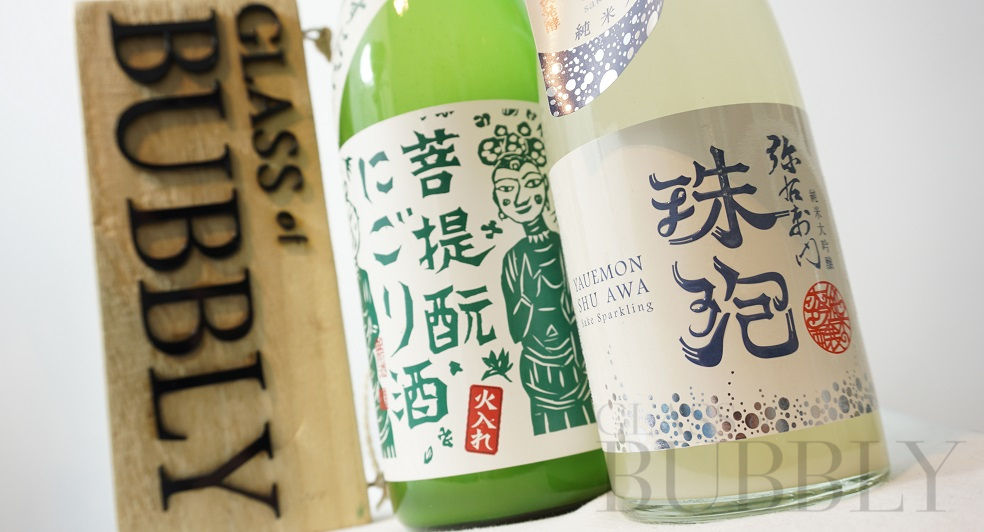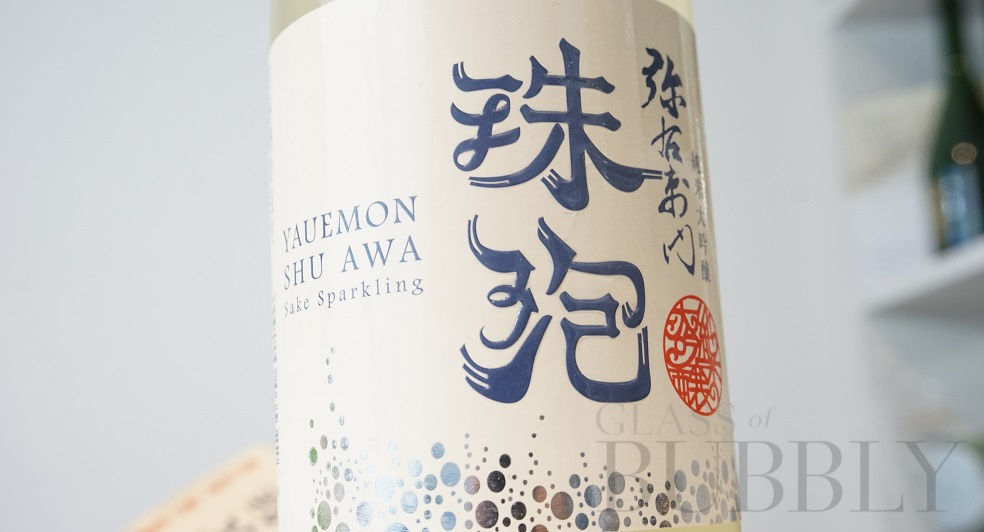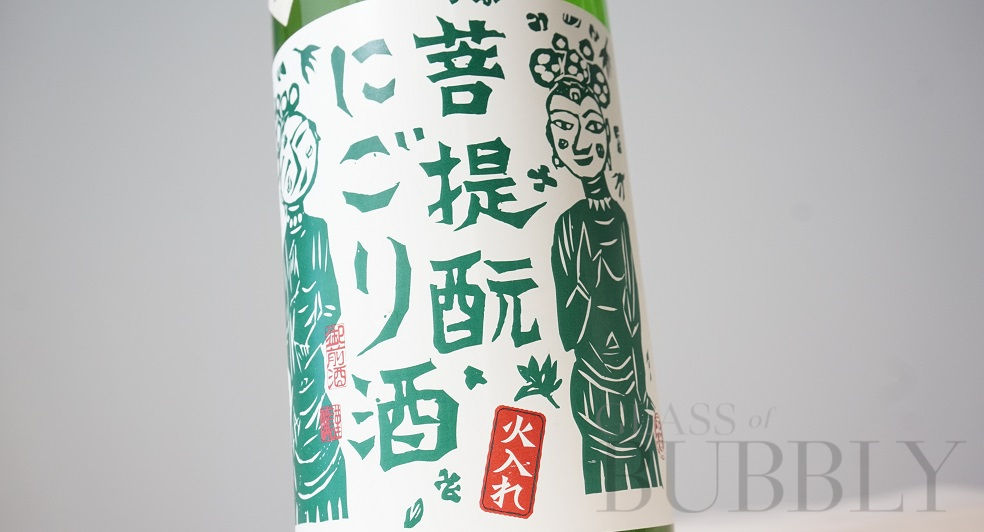Sparkling Sake – Japanese Rice Wine
21st August 2023

When we look at one of Japan’s famous and traditional drinks, Sake, which is a Wine made from Rice, it started production back during the 3rd century BC, with the first written record of the word Sake coming from the 3rd century AD. Although we can only confirm that the manufacture of the drink started in the 8th century AD, it’s widely believed to have started before.
No grapes or fruit of any kind are used in the creation of Sake, it is simply, rice wine. Sake is brewed from fermented rice, the rice is first polished so the outside of the grain is removed but the centre remains. Fermentation is instigated using koji mould (Aspergillus oryzae) and yeast. The alcohol content of sake usually sits around 14% to 17%, which is higher than most Sparkling Wines.
We’ve collaborated with the Wasabi Company, which has a great range of Sake available in the UK, choosing only the finest brewers in Japan, to give us an introduction to some of the Sparkling Sake they help showcase to the British public.

Just like Champagne and other Sparkling Wines, there are different types/varieties and classifications to Sake and this is made harder for us to decipher by the language barrier.
There are a lot of different ways to classify Sake, from how ‘polished’ or milled the rice grains are, the brewer’s alcohol (distilled alcohol) and how much is included, along with the typical geographical providence further adding to classifications.
Junmai Sake: Junmai means “pure rice,” containing no additional alcohol. Daiginjo, Ginjo and Honjozu are the three distinct classifications that indicate the percentage of rice that remains after polishing.
Daiginjo: At the top of the castle is Daiginjo, with a high polishing ratio that results in an exceptionally refined light and fruity taste.
Ginjo: Ginjo is the second tier of Sake, less refined than Daiginjo but still light with plenty of fruit.
Then we have Junmai and Honjozo, which is still premium but focuses on drawing out the flavours of the rice.
Yauemon Shu Awa

Crafted using the traditional Champagne Method (second fermentation in the bottle), Pearl is made from rice grown on the brewery’s own farm and polished to 45% making this a Junmai Daiginjo – the highest class of Sake.
Pearl is also lightly cloudy and makes quite an impression when opened: the bubbles rise and gently mix the Sake, turning it from clear to cloudy!
Yamatogawa Shuzoten brewery was founded in 1790 in Kitakata, Fukushima. The region is blessed with optimal Sake brewing conditions of excellent quality, soft meltwater from the Lide mountain range and cold winters.
You can pair Sake with a variety of different food/dishes, this Pearl Sake is recommended to pair well with cream cheese, oysters, truffle honey, smoked salmon, avocado and fruit salads.
Yauemon Shu Awa – Pearl – Sparkling Junmai Daiginjo – Tasting Notes
Aroma – “Sweet candied rice, candy pear drops, ripe green pears, white pears, bruised green apples, apple blossom, wonderful freshly boiled sushi rice, with a sweet zestiness on the aroma.”
Flavour – “Soft, delicate expression of ripe green pears, white pears, bruised red apples, pear drops, pear blossom, peach and freshly cooked sushi rice, a great delicate expression.”
Misty Mountain

This Sake has the unique characteristic of a cloudy brew, with the cloudiness coming from the fact that these Sakes are unfiltered – or in the case of Misty Mountain, partially filtered – leaving some of the rice lees still in the bottle.
Misty Mountain is also made using the ancient Bodaimoto method, which tends to yield slightly earthier and sourer Sake (this is a good thing!).
Tsuji Honten – in Katsuyama town, Okayama, Japan – was founded in 1804. Today’s brother & sister team, Soichiro & Maiko Tsuji, are the seventh generation brewers. Tsuji Honten are pioneers of using omachi rice and an ancient, medieval brewing technique: Bodaimoto.
You can pair Sake with a variety of different food/dishes, this Misty Mountain Sake is recommended to pair well with blue cheese and spicy/peppery dishes.
Misty Mountain – Junmai Bodaimoto Nigori – Tasting Notes
Aroma – “Sweet and sour, with rice water, light milk, with marzipan and almond, passion fruit with slight peppery notes on the aroma.”
Flavour – “Green characters, vegetable skins, well cooked sushi rice water, ripe passion fruit and peppery notes on the palate.”
![]()
Oliver Walkey
Champagne and Sparkling Wine Writer, Focused on Bringing the Exciting and Fascinating World of Bubbly to You.
